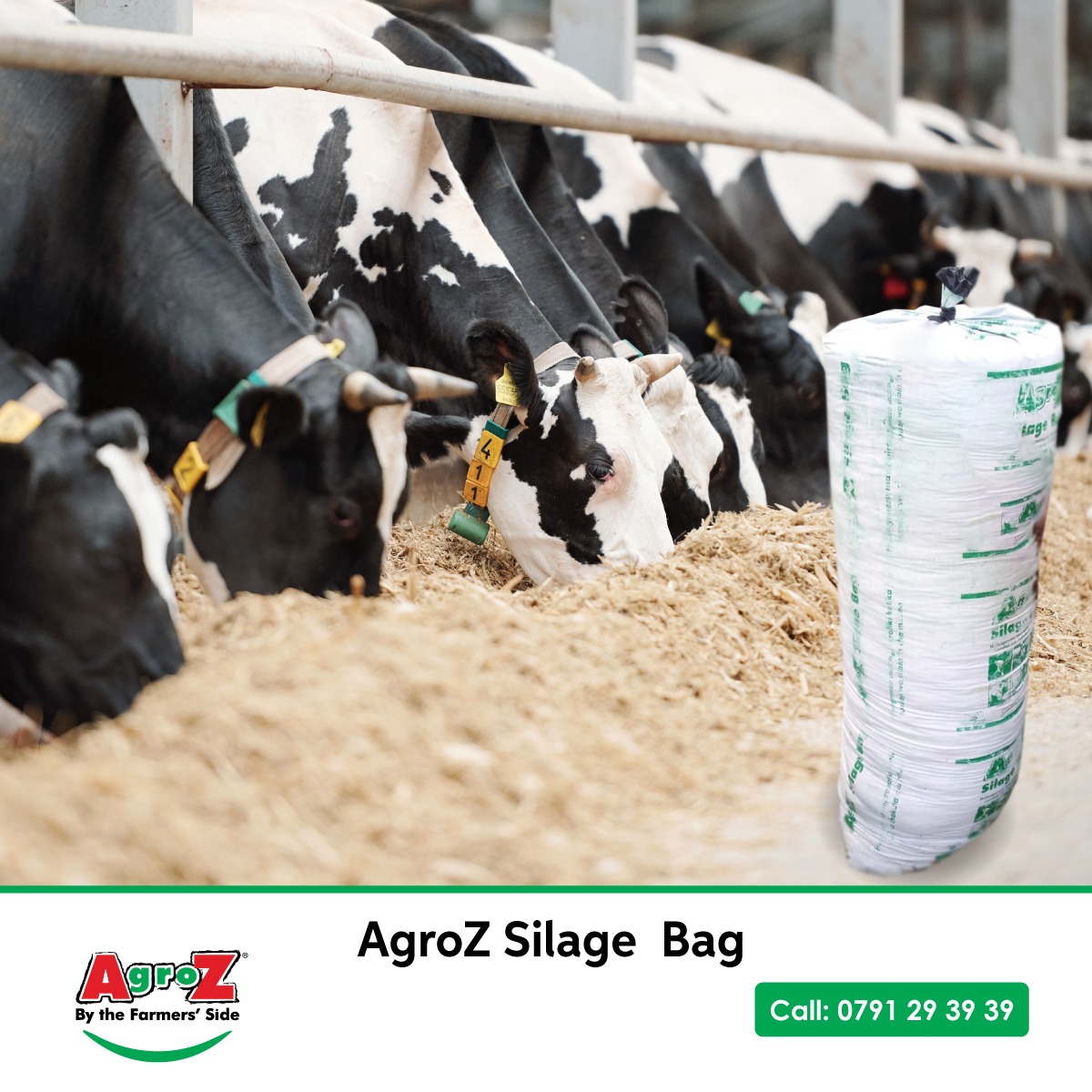
By George Munene
At Kamala, Kilifi Sub-county, Jacob Hinzano farms 10 acres of pineapples. Having harvested 10 then 25 tons on what he describes as his first two trial seasons with the fruit which has a comparatively a low production cost and has a farmgate price as high as Sh100 and no less than Sh25 a piece, the initial positive returns have spurred him to expand his land under pineapple to 20 acres.
Hinzano describes pineapples as a ‘waiting crop’, once the fruit is sowed, unlike its complimentary fruit watermelon which take just 3 months to mature, pineapples ripen in a minimum of 8 months but are cheap to tend to with land and seeds being the major resource factors in their production. The best part about the crops is the fact that they are largely grown organically, i.e., fertiliser and pesticide-free.
Farmers looking to sell their pineapples have two options; they can either go it alone, selling to individuals or opt to sell in one go to fruit processing companies. Each option has its own benefits and risks: “Selling to individuals, I make no less than Sh 25 for every fruit even when the market is flooded with watermelons and at least Sh100 a piece when prices are at their highest as is the case now. The cost of harvesting pineapples from the farm is also borne by the pickers, Jacob explains.
Related News: Self-help group learns pineapples in Nyeri break away from low-earning coffee
Related News: Nandi farmer who abandoned maize for pineapples has no regrets
Private companies usually offer around Sh15 per piece. While this is far below the price offered by individual buyers, they buy everything in one go meaning the farmer does not have the hustle of marketing his pineapples. Farmers can also use such invoices to acquire loans, something out of reach for their counterparts who opt to source for their own markets.
He also advises farmers to stagger their growing of pineapples, this allows them to always have a standing crop ready for market and at a time when most other farmers have already harvested and sold most of their pineapples and watermelons which also suppress the price pineapple farmers can fetch.
For his first 10,000 seedlings, he sources them from Magarini, a region well known for pineapple production. "Planting material is the most crucial factor in pineapple production because it has a bearing on everything, more so the fruits growth rate; pineapples can take one year or 8 months to mature and this is largely a factor of the maturity and quality of seedlings planted,” he explains.
His fruits are spaced two feet apart, and with proper management practices and given the fruit is mature enough, yields of up to 10 tons are achievable from an acre under pineapples. Land preparation constitutes preparing one-foot-wide holes that are filled with manure and watered. The seedlings are sown before being watered once again. Weeding is done to clear dominant weeds, Jacob explains that pineapples need an unimpeded growth area as they are sensitive, changing their growth direction when they come in contact with any obstacles. This eventually causes deformities in fruits.
Heavy rains that lead to flooding are the biggest hazard to pineapples: “The floods last year resulted in a poor harvest with many farmers opting to pluck out their maturing pineapples and sell them off as seedlings rather than wait for their fruit to rot on their farms,” he says.
Related News: The Kenyan farmers pioneering dragon fruit farming—the Sh1000/kg fruit
Related News: New Mkulima Wonder passion fruit yields 3X more than traditional varieties
Besides pineapples, Jacob grows tomatoes, okra, onions and brinjals on his 250-acrefarm, and is venturing into large-scale ginger and garlic farming, partitioning 50 acres for each.
He bristles at my classification of farming as a ‘side-hustle, for the professionally trained psychologist most new entrants venturing into agriculture fail by not practicing it as a business; this means giving it total commitment in time, energy and finances.” Don't get into agriculture as a passion project, or side-hustle, think of it in cents, as agribusiness, and it is sure to reward you,” Hinzano counsels.


















